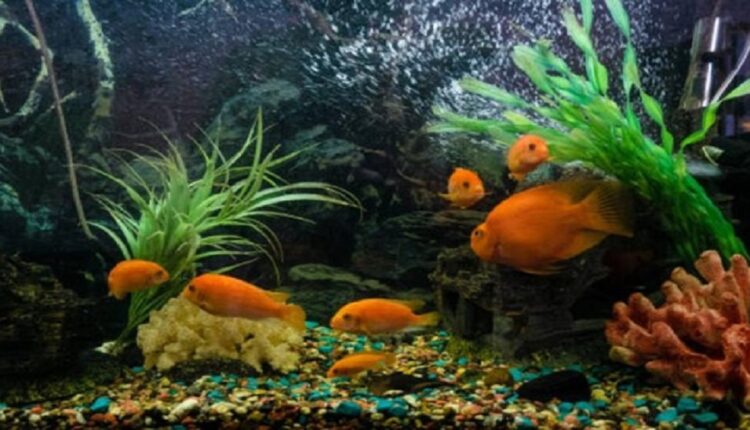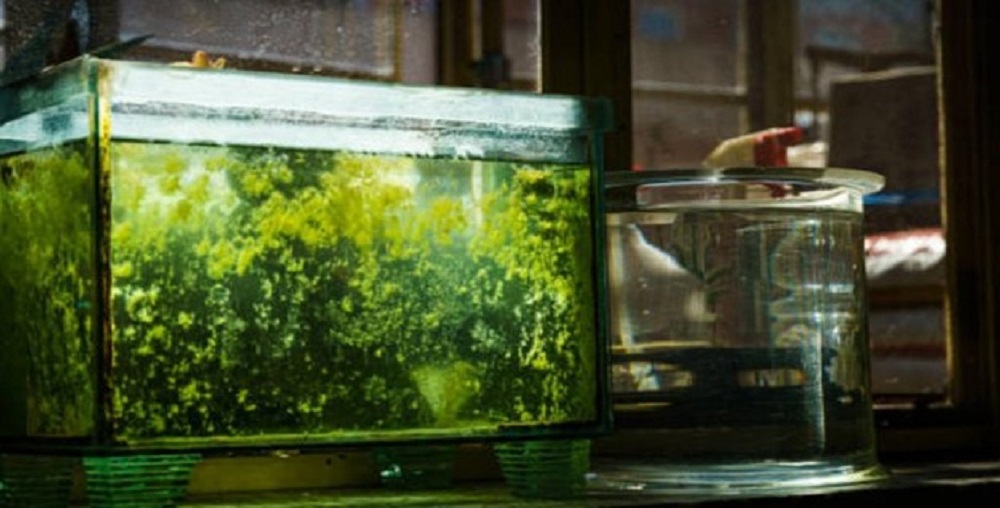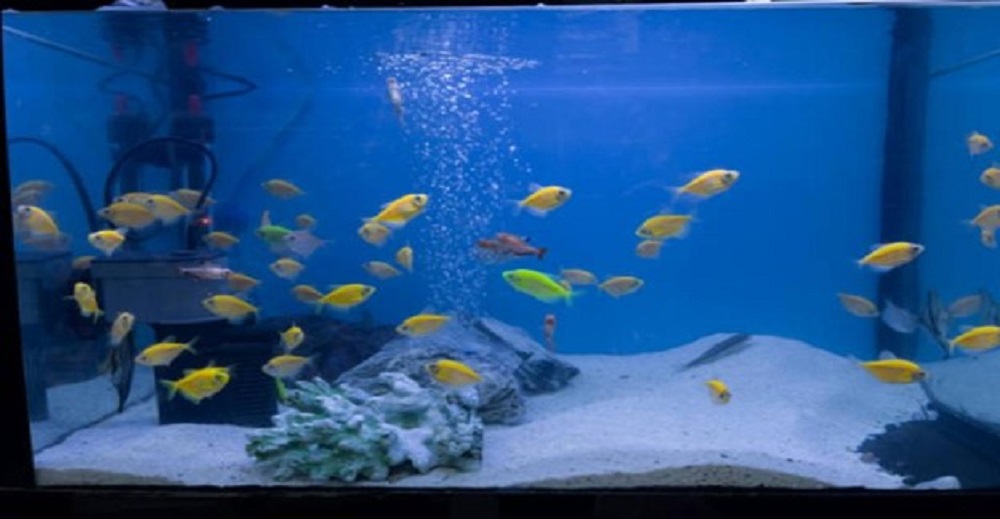Is It Okay To Have Multiple Fish Tank Filters?

If you own an aquarium, chances are there that you have set up a filtration system too. If so is the case, what is the perfect number of filters for your aquarium? Aquarists from all around the world answer this question differently by coming up with multiple opinions. Some belief in “one and done,” while others suggest that “less is not more” in the case of aquarium filters. In “Is It Okay To Have Multiple Fish Tank Filters?”, You’ll get brief detail:
So, you better add more than one filter to your tank. Which answer does science justify about this issue? Let’s try finding out the solution. This blog post will discuss which scenarios using multiple filters in a tank can be beneficial or create problems. Optimizing biological filtration by providing beneficial bacteria and fish populations compatible with more than one filter will also be discussed.
How Many Filters Should Be Enough?
The answer to how many filtration systems you should set up in your tank depends mainly on the size of the aquarium you own. In small tanks, a single filter can also do a good job. While, in larger tanks, you might feel the need to set at least two or even more filters, pretty much depending upon the design they have.
Benefits of Setting Multiple Filters in Your Tank
As we know, setting multiple filters in a tank has its fair share of pros and cons. There are different benefits of having various filters in the fish tank. How can numerous fish filters be more beneficial than a single one? Let’s find out.
Bacteria is naturally essential in the filtration process of any aquarium. They are beneficial to the fish as they break down wastes and help neutralize the harmful chemicals. Mainly, these toxic chemicals are produced during the nitrogen cycle. Although bacteria can colonize anywhere in your aquarium, they inhabit your filter most importantly. We think it is essential for bacteria to live here because they constantly pull water through it, enabling them to encounter the colony.
We say establishing multiple filters has more benefits than relying on a single extensive filtration system. You might have invested a good amount of money if you depend on a single comprehensive filtration system to clean your tank. A filter is supposed to be powerful enough for the proper cycling of a large quantity of tank water. More robust and powerful filters pull water with extra force. It can reduce the direct contact with the bacterial colony. The multiple numbers of small filtration systems enable you to filter the same quantity of water but a bit more gently than an extensive filtration system. So, there are more chances of it coming into contact with a bacterial colony.
Setting two filters in a tank brings peace of mind in a way that both of them establish beneficial bacterial colonies. If one filter needs replacement or breaks, you will have a pre-established filter as a backup option. This backup filter will keep things working until you get things sorted out. Getting a new filter will consume a lot of your time, so owning a backup filter is a lifesaver idea.
Why Should You Not Go for Two Filters in an Aquarium?
Apart from the benefits, using multiple filters has its cons, too. Some of them have been discussed below.
Competition for the space
Although, setting multiple filters in your tank is not a bad idea to consider. However, there are certain things which you should already be careful about. You should do proper research to know what type of filtration each canister offers or how you want to place filters. If you use more than one filter and have the same functions (for instance, mechanical efficiency), they may lead to competition for space.
Extra pressure
Using multiple filters in a single tank sometimes can be excessive and come up with an unwanted back-pressure. It can lead to a filtering equipment failure or any possible leakages in the tank. Another reason against using multiple filters is that if you already have one of the best-rated aquarium filters, then using a second (possibly inferior) filter may sound like something unnecessary.
Increased Operational Cost
If you have already been using a single filter for your tank (that too is a strong one), the chances are that you have spent a good amount of money on this high-quality filter. So, spending more money on a second or third filter seems nothing wise to me.
What Do We Mean By A Redundant Filtration?
When you go through this entire concept, you will have to get two or three filters functioning in your tank. When an aquarist owns more than one filter in their aquarium, redundant filtration happens. Both of the filters work together redundantly. The second filter in an aquarium gives ‘added’ layers of safety from outsider elements such as phosphates or nitrates that may get into your tank.
This type of filtration means that we own different kinds of filters to yield more efficient results. This would be a backup system, and the other filter can compensate if one of the two is out of order or running low on bacteria.
Biological Filtration by Beneficial Bacteria
The primary function of your aquarium is to house fish, bacteria, plants, and the rest of the micro-organisms living in it. This process is known as biological nitrification or filtration. One of the physical side effects of this process is the build-up of good bacteria in the aquarium filter media. It helps in breaking down ammonia to nitrite first and then nitrate.
Many aquarists think that using multiple filters can lead to the build-up of harmful bacteria. Because some people believe that the tank filters are redundant, it means that they do the same task. However, this is true to some extent. Filters can often differ in their media or design, leading to the growth of different bacteria.
What Are The Suitable Levels of Tank Filtration?
The appropriate level of aquarium filtration depends on how many fish you own in your tank, what type of filter you set up, and the tank size you have chosen.
For a small tank of 25-30 gallons, a single small power filter or canister will do a good job. But if you want to have something with more capacity, a couple of filters should be enough. If your tank has a size beyond 30 gallons, there can be events where having two filters can be helpful for you.
If you have set up one filter which runs slowly or has a size under 30 gallons, we do not suggest going for a second filter.
Read More Posts
How Often Do You Feed a Betta Fish? – You Need to Clarify Right Now
Proper Maintenance of Multiple Filters
You will be amazed to know that a single large tank filter requires more maintenance than multiple small tank filters. First of all, all the burden of filtration tank water is on a single filter. As it has to deal with water flow continuously, the chances of debris are high. To get rid of this, you will have to clean water more often than you usually do in multiple small filters.
In multiple small fish tank filters, the burden of filtration gets equally divided, so it becomes super easy for you to maintain water flow.
Do Filter Harm My Fish in the Tank?
If you aim to prevent water from flowing over the elements inside, You can simply turn your filter off. But, it will deprive the microbes living there of the oxygen supply that they need to survive. In your aquarium, just like your fish, your microbes are also pretty hardy. Thus, even if you choose to turn the filters off, it would not hurt microbes much.
Conclusion
To sum up, if you own an aquarium, you probably, use a filter. So, setting up more than one filter may also attract you. If you are looking for the answer to what number of these filters is perfect for your tank, this article has covered you. It explains all the advantages and disadvantages of owning more than one filter in your tank. Like any other addition, adding filters also come with pros and cons.
As far as the summary of pros is concerned, filters encourage the colonization of beneficial bacteria. TheThe bacteria are beneficial to the fish in the sense that they not only break down wastes but also help neutralize the harmful chemicals. Moreover, owning multiple small filters helps divide the burden of filtration. A significant large tank filter requires more maintenance than the small one. Also, if a filter gets out of order and is not working correctly, having a backup filter to keep things running is a wise idea to consider.
The filter may initiate competition among fish and the rest of the aquatic animals living within the tank. Also, if you have a small-sized tank, even only one filter is expected to do a great job. You will be better off sticking to a single filter, especially one that is specifically categorized as low flow or adjustable flow.



